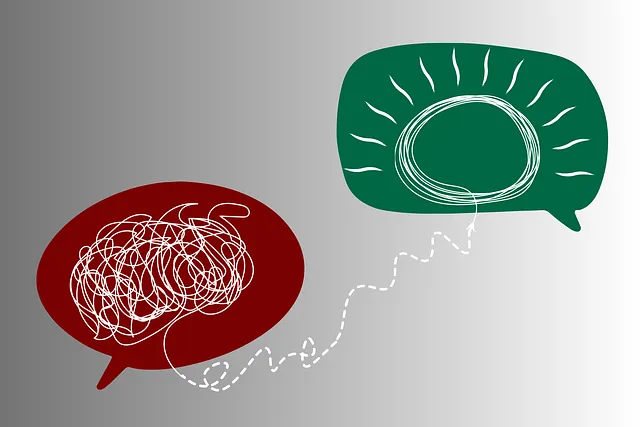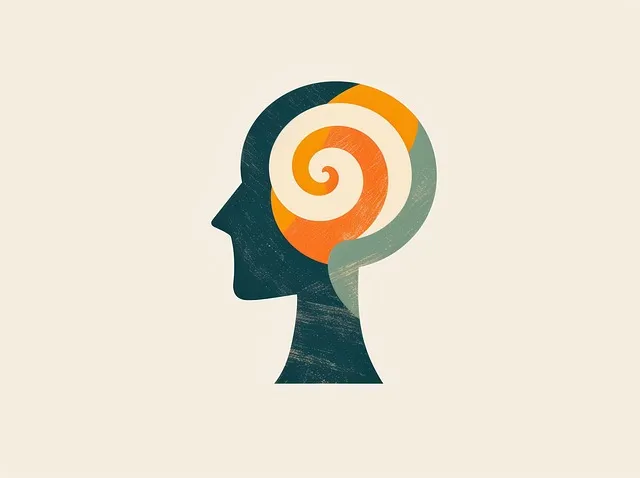The Kaiser Permanente Mental Health Access Center Northglenn offers a comprehensive approach to stress management, combining evidence-based practices with policy analysis. They educate individuals on self-care and mindfulness through workshops, CBT for negative thought patterns, and lifestyle integrators like nutrition, exercise, and sleep. Mindfulness practices, such as meditation and breathwork, enhance self-awareness and emotional resilience. Cognitive Behavioral Therapy (CBT) empowers clients to handle stress and reduce mental health stigma. Cultural competency training ensures tailored support for diverse backgrounds, emphasizing holistic well-being within the Kaiser Permanente framework.
At the Kaiser Permanente Mental Health Access Center Northglenn, stress management is more than just a topic—it’s a vital service. This comprehensive guide delves into effective techniques, from understanding stress triggers and causes to empowering individuals with educational tools. We explore mindfulness practices like meditation and breathwork, the transformative power of Cognitive Behavioral Therapy (CBT), and practical lifestyle integrations focusing on nutrition, exercise, and sleep. By harnessing these strategies, Kaiser Permanente equips its community with long-lasting stress relief solutions.
- Understanding Stress: Unveiling the Impact and Causes at Kaiser Permanente Mental Health Access Center Northglenn
- The Role of Education: Equipping Individuals with Effective Stress Management Techniques
- Mindfulness Practices: Cultivating Presence and Calm Through Meditation and Breathwork
- Cognitive Behavioral Therapy (CBT): Rewiring Negative Thought Patterns for Long-Lasting Stress Relief
- Lifestyle Integrations: Nutrition, Exercise, and Sleep as Cornerstone Strategies for Stress Management
Understanding Stress: Unveiling the Impact and Causes at Kaiser Permanente Mental Health Access Center Northglenn

At Kaiser Permanente Mental Health Access Center Northglenn, understanding stress involves delving into its multifaceted nature and impact on individuals’ well-being. Stress is a complex response to various internal and external factors, triggered by perceptions of demands exceeding available resources. This can manifest physically, emotionally, or cognitively, affecting one’s ability to cope with daily life. In the context of Kaiser Permanente, where mental health services are central, recognizing these triggers is crucial for effective stress management.
The center’s approach leverages evidence-based practices and mental health policy analysis to unravel the intricate web of stressors. By promoting self-esteem improvement and conducting thorough risk assessments for mental health professionals, they foster a supportive environment. This enables individuals not only to navigate their stressful situations but also to develop resilience strategies tailored to their unique experiences.
The Role of Education: Equipping Individuals with Effective Stress Management Techniques

Education plays a pivotal role in equipping individuals with the tools they need to manage stress effectively. The Kaiser Permanente Mental Health Access Center Northglenn offers valuable resources and programs that focus on mental wellness coaching. These initiatives empower people with practical Self-Care Practices and evidence-based techniques, such as Mindfulness Meditation. Through workshops, seminars, and individual consultations, participants gain insights into understanding their stress triggers and developing personalized strategies to combat them.
By integrating these Mental Wellness Coaching Programs, individuals can learn to cultivate resilience, improve coping mechanisms, and enhance overall well-being. The center’s approach emphasizes the importance of self-awareness and encourages a holistic view of mental health. By providing accessible education, Kaiser Permanente Northglenn ensures that individuals are equipped with the knowledge and skills necessary to navigate life’s challenges with greater equanimity and reduced stress levels.
Mindfulness Practices: Cultivating Presence and Calm Through Meditation and Breathwork

Mindfulness practices have emerged as powerful tools for managing stress and promoting mental well-being. At Kaiser Permanente Mental Health Access Center Northglenn, we emphasize the cultivation of presence and calm through meditation and breathwork. These techniques help individuals become more aware of their thoughts, feelings, and bodily sensations without judgment, fostering a deeper connection with the present moment.
Through regular practice, mindfulness can significantly reduce stress levels, improve focus and concentration, and enhance overall emotional resilience. Our programs integrate various mindfulness practices tailored to individual needs, including guided meditations and simple yet effective breathwork exercises. By incorporating these techniques into daily routines, our clients gain valuable coping strategies that complement traditional therapy approaches, ultimately supporting their journey towards better mental health alongside Healthcare Provider Cultural Competency Training and Social Skills Training.
Cognitive Behavioral Therapy (CBT): Rewiring Negative Thought Patterns for Long-Lasting Stress Relief

Cognitive Behavioral Therapy (CBT) is a highly effective stress management technique that focuses on rewiring negative thought patterns and behaviors. By identifying and challenging unhelpful thoughts, CBT helps individuals develop healthier perspectives and coping mechanisms. This evidence-based approach has shown remarkable results in reducing stress, anxiety, and depression, as demonstrated by various studies conducted at the Kaiser Permanente Mental Health Access Center in Northglenn.
Through CBT, clients learn communication strategies to effectively manage difficult situations, boost their confidence in navigating challenges, and reduce the impact of mental illness stigma. By addressing negative thought cycles, individuals can break free from destructive patterns, fostering a sense of empowerment and improved emotional well-being. This transformative process equips people with tools to maintain long-lasting stress relief even in challenging circumstances.
Lifestyle Integrations: Nutrition, Exercise, and Sleep as Cornerstone Strategies for Stress Management

At the Kaiser Permanente mental health access center Northglenn, experts emphasize that lifestyle integrators like nutrition, exercise, and sleep are cornerstone strategies for stress management. A balanced diet, rich in fruits, vegetables, and whole grains, plays a vital role in supporting overall well-being and mood management. Regular physical activity, such as walking, yoga, or cycling, helps reduce stress hormones and promotes the release of endorphins, which can enhance one’s mood and energy levels. Adequate sleep is also crucial; it allows the body to rest and repair, thereby improving mental clarity and emotional resilience.
These lifestyle changes are often integrated into a comprehensive self-care routine development for better mental health. By prioritizing these aspects, individuals can significantly improve their ability to navigate life’s challenges. Healthcare provider cultural competency training further underscores the importance of addressing stress management holistically, considering individual cultural backgrounds and preferences. This tailored approach ensures that everyone has access to effective mood management techniques, aligning with Kaiser Permanente’s mission to provide comprehensive mental health services.
Stress management techniques taught at the Kaiser Permanente Mental Health Access Center Northglenn equip individuals with powerful tools to navigate life’s challenges. By combining evidence-based practices like mindfulness, CBT, and lifestyle integrations, this center empowers folks to cultivate resilience, enhance well-being, and live more fulfilling lives, all rooted in the comprehensive care offered at Kaiser Permanente.






